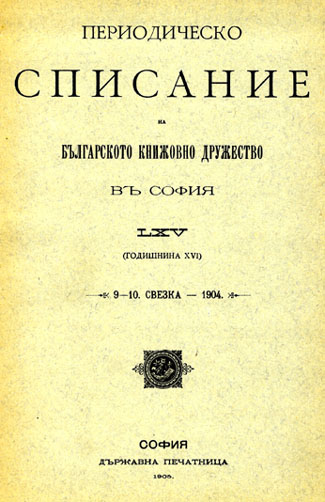
We kindly inform you that, as long as the subject affiliation of our 300.000+ articles is in progress, you might get unsufficient or no results on your third level or second level search. In this case, please broaden your search criteria.


Misirkov, K. P. "Za makedonskite raboti" (Towards the Macedonian issue), Sofia, Liberal Club Press, 1903, pp. 145
More...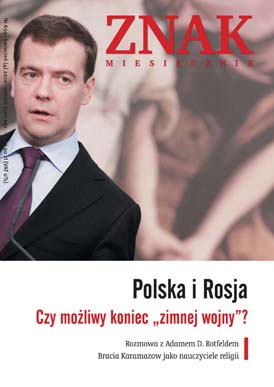



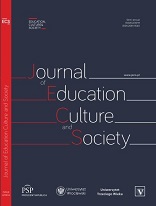
In the following paper the author has performed a linguistic analysis of several chosen sexist remarks by Janusz Korwin-Mikke in order to prove how stereotypically women are regarded by the famous politician. This conservative man treats stereotypes as a proof of good order and fights to prevent women from trying to change what for thousands of years has given the general order and happiness for male sex and, in his opinion, for female sex. Significant for the author’s paper has been the importance of antifeminist’s texts within pragmatic and semantic aspect. The paper has concentrated on solely the linguistic aspect - in detail there have been discussed among other things: aphorisms and neologisms which are used by the controversial politician. In the paper the author has tried to prove that J. Korwin- Mikke’s language provokes and insults the opposite sex.
More...
This article discusses the question of the Polish nation's self-definition in the Positivist period both in belles-lettres and in journalism, which were dependent to a great extent on the colonial discourse. It is argued that crucial metaphors of “wildness,” “savageness” or “backwardness” stem from orientalising labels created by the colonisers. Examination of this issue requires some basic introduction to historical and anthropological ideas which date back to the Age of Enlightenment. The aim of this paper is to shed light – by analysing literature examples such as Ludwik Powidaj, Cyprian Kamil Norwid, Maria Konopnicka, Eliza Orzeszkowa and Henryk Sienkiewicz – on the so called “colonial trauma” that has condemned the Polish image to resentful ideology. Furthermore, the paper will provide arguments in favour of subscribing to the postcolonial studies in Central and Eastern Europe.
More...
This paper concerns three significant concepts in Maria Komornicka’s writings: body, spirit and gender. The first two are closely related to each other, thus initial paragraphs are devoted to them both. On the basis of these reflections, I draw some conclusion about the image of gender created by the poet. The notion of gender is analysed in terms of Young Poland discourse of gender and from the perspective of modern methodologies: feminist criticism as well as gender and queer studies. This paper aims at encouraging the reader to reinterpret M. Komornicka’s output with contemporary awareness.
More...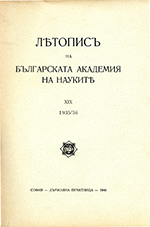


Presentation of new members’ biographies and scientific work, including selected or full bibliography.
More...
Presentation of new members’ biographies and scientific work, including selected or full bibliography.
More...
Presentation of new members’ biographies and scientific work, including selected or full bibliography.
More...
Presentation of new members’ biographies and scientific work, including selected or full bibliography.
More...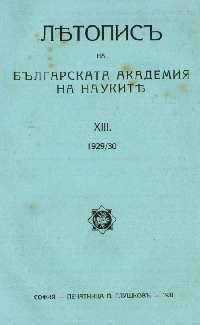
Full bibliography of all publications received and catalogued in the library
More...
Presentation of new members’ biographies and scientific work, including selected or full bibliography
More...


Presentation of new members’ biographies and scientific work, including selected or full bibliography
More...